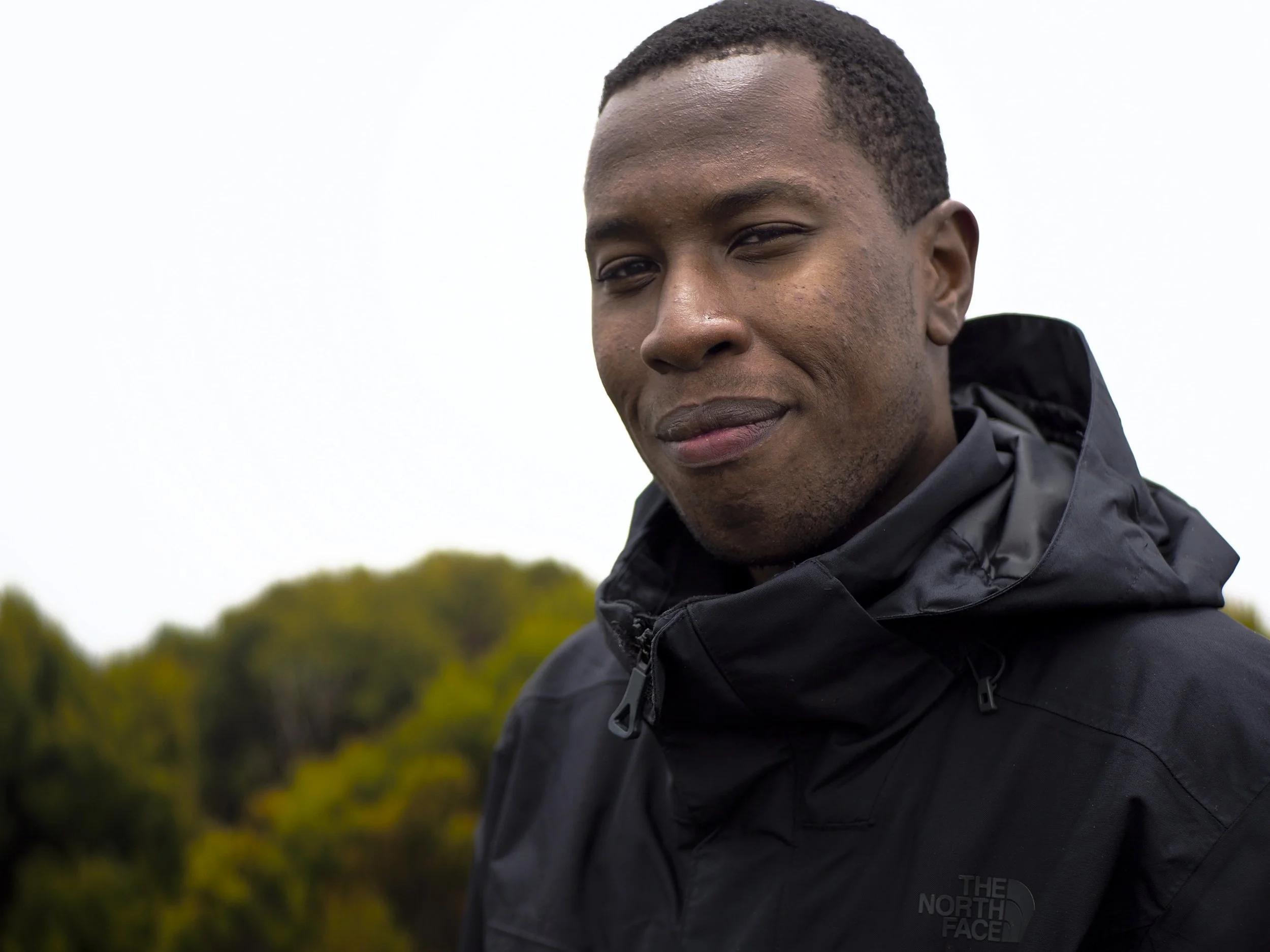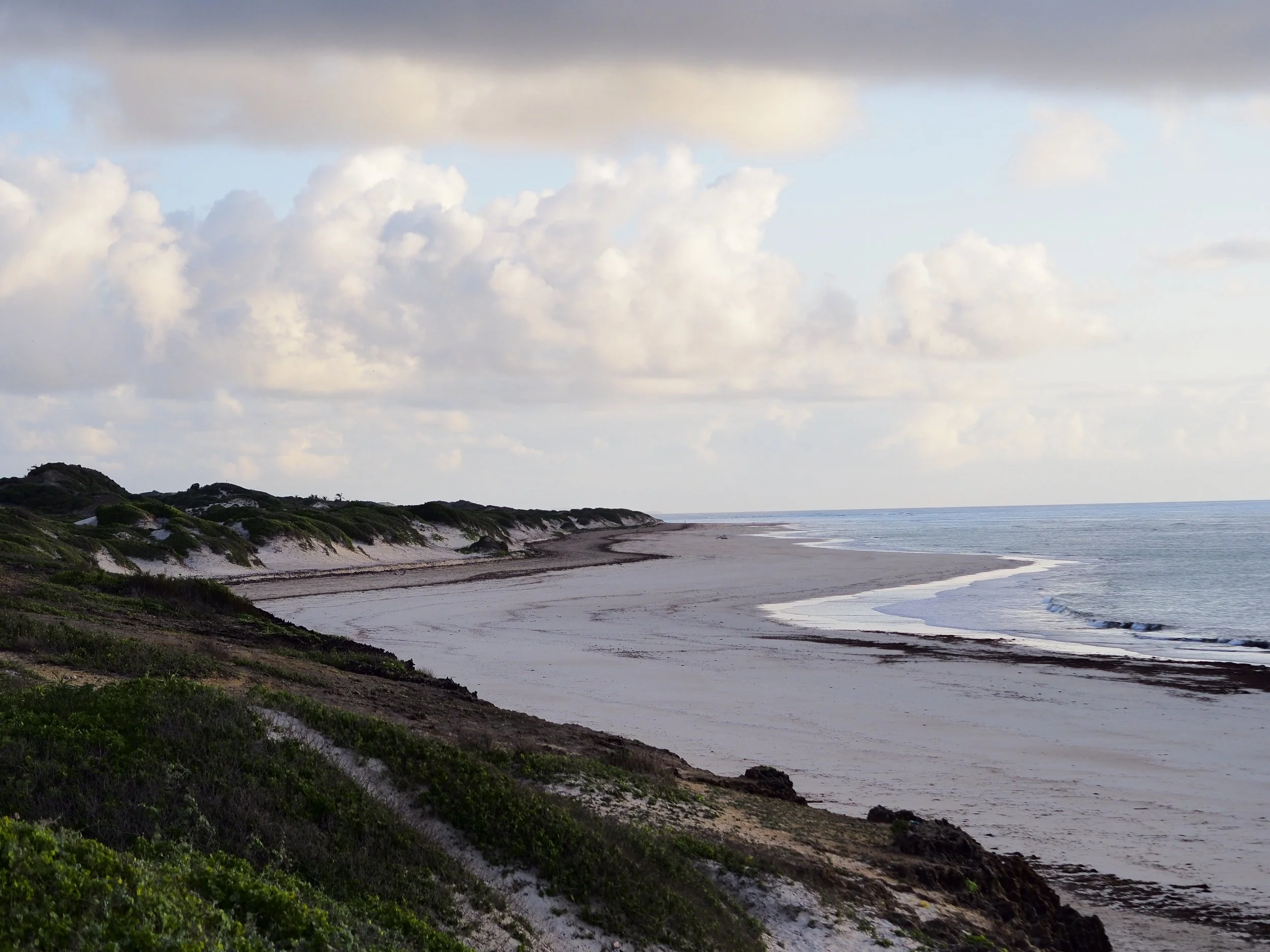Photo courtesy Alex Chege
2023 projects
Intertidal Zone, a photo series exploring the ecology at the edge of the marine and terrestrial spheres.
PhD Dissertation: “How we became fishermen: Coastal adaptations and the role of marine resource use by extant primates and early Homo sapiens.”
The Safina Center Junior Fellowship will fund field operations on Kiwayu island in Lamu, including hiring research assistants from the local community. Alex’s doctoral research to date is supported by the Leakey Foundation, the Turkana Basin Institute, and the Safina Center.
Kiwayu island. Photo by Alex Chege
evolutionary biologist, behavioral ecologist, conservationist, and photographer
Alex chege
About
Alex Chege is an evolutionary biologist, behavioral ecologist, conservationist, and photographer originally from Nairobi Kenya. His work highlights coastal landscapes and animals, and indigenous culture. Alex’s life in Kenya nurtured his love for wildlife and passion for species conservation.
In 2018, he graduated with a BSc Honors from the University of Western Australia in Perth, which broadened his interests from wildlife conservation to studying evolutionary processes in animals and humans. In 2019, Alex joined Operation Wallacea on a climate and biodiversity research expedition as a Lepidopterist recording the extensive Leafwing butterfly diversity in the Calakmul Biosphere Reserve in Campeche, Mexico. Later, he returned to Nairobi, Kenya, and began working as a research assistant for the Institute of Primate Research’s endangered black-and-white colobus monkey conservation project. As Alex’s love for primates grew, he began to envision the possibility of understanding human evolution through field observations, an endeavor inspired by the late Dr. Richard Leakey.
In 2020, with support from Stony Brook University’s Turkana Basin Institute, and mentored by Dr. Catherine Markham, Alex began designing a doctoral project evaluating the “Coastal Adaptations Hypothesis” which links the exploitation of marine food resources to the evolution of human dietary versatility, cognitive development, and the dispersal of our ancestors along coastal margins. Using behavioral and dietary observations of vervet monkeys living in coastal habitats of the Lamu archipelago, in the Indian Ocean near Kenya’s northern, Alex will study how primates thrive in coastal environments despite facing numerous environmental and physiological challenges.
The coastal landscapes and indigenous cultures of Kiwayu island, a lesser-known part of Kenya’s Lamu Archipelago, where Alex’s research site is located, is relatively unexplored, and the Swahili culture of the region remains unfamiliar to many in Kenya and abroad. With the Safina Center Junior Fellowship, Alex hopes to provide a window into this region and to present a holistic visual and written narrative on the origins and persistence of coastal living for both primates and humans alike. Leveraging his interests in nature and anthropology, Alex hopes to document the novelty of the Lamu region through an exploration of its natural history and traditional maritime livelihoods that will foster a widespread familiarity, appreciation and understanding for the customs, conservation challenges, and natural beauty of this relatively unknown yet invaluable part of Kenya.


